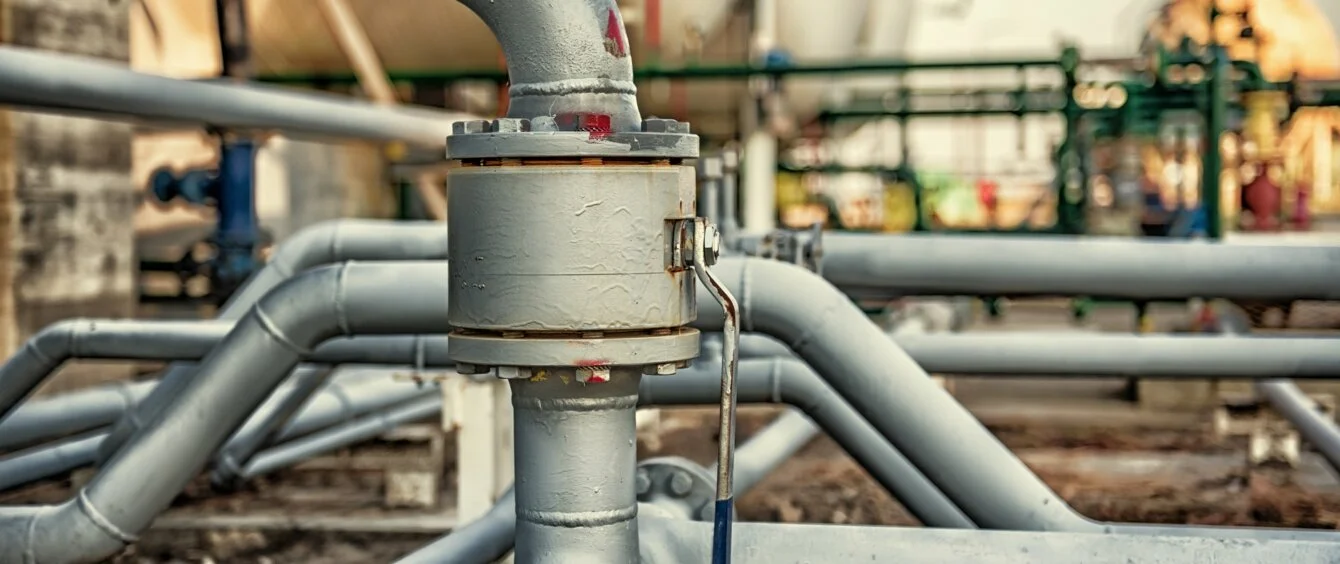Could hydrogen soon be supplied to millions of gas customers in Germany? On principle, yes, says the German Association of Gas and Water Industries, referring to the findings of a recent study. As part of the SyWeSt H2 research project, experts from Open Grid Europe and the University of Stuttgart examined steel grades used in gas pipelines to determine whether they are compatible with hydrogen.
As natural gas and hydrogen have different chemical compositions, they place different demands on the materials exposed to them. This is why experts have been keen to find out whether gas networks are suitable for transporting hydrogen since the beginning of the debate on the hydrogen market ramp-up. Known grid expansion proposals such as the European Hydrogen Backbone, the H2ercules initiative, and the German long-distance network operators’ grid plan are based on the assumption that pipeline systems can generally be converted.
Various steel types subjected to intense scrutiny
Researchers from the Material Testing Institute of the University of Stuttgart subjected steel grades used in German and some European pipelines to various tests, including fracture mechanical tests, which reveal how cracks propagate under stress. This is especially important as regards materials that must withstand significant strain, for example pipelines that transport gas or hydrogen at high pressure.
The project involved examining pipeline steel of various ages and strength, resulting in a cross-section representative of modern-day gas grids. The yardsticks applied were the American standard for hydrogen transport (ASME B31.12) and the minimum requirement for fracture toughness established by the German Gas and Water Association (DVGW). Further variables such as the impact of hydrogen pressure were also considered in the analysis.
High crack and fracture resistance across all samples
Bottom line: All examined materials not only met the fracture and crack resistance demands, but exceeded them – clearly in some cases. The experts thus certified all steel grades tested as “generally suited for hydrogen transport”.
The research provided findings that pave the way to the future of hydrogen. The pipes installed in the grids can continue to be used, with only certain components and station elements requiring upgrades or replacement. Prof. Gerald Linke, Chairman of the Board of DVGW
DVGW: Quickly make homes and industry hydrogen-ready
Does that mean that Germany’s 550,000-kilometre natural gas grid will be able to transport hydrogen? The researchers believe that further, extensive analyses are required to provide a conclusive response to this question. They point out that, for instance, they did not explore in depth how the hardness of welding seams affects their crack resistance. Moreover, the study’s authors are of the opinion that technology into which pipelines are integrated would also have to be converted (as reported by the en:former).
The DVGW, which commissioned the study, finds that the results are “trailblazing”: Based on the association’s calculations, legacy infrastructure can be fully converted to hydrogen at a cost of some 30 billion euros, while homes and companies can be made hydrogen-ready at little cost. Moreover, the new findings are being factored into the regulations governing the use of up to 100 percent hydrogen, which will serve as a point of orientation in future hydrogen transport projects.
photo credit: © Zivica Kerkez, shutterstock.com
